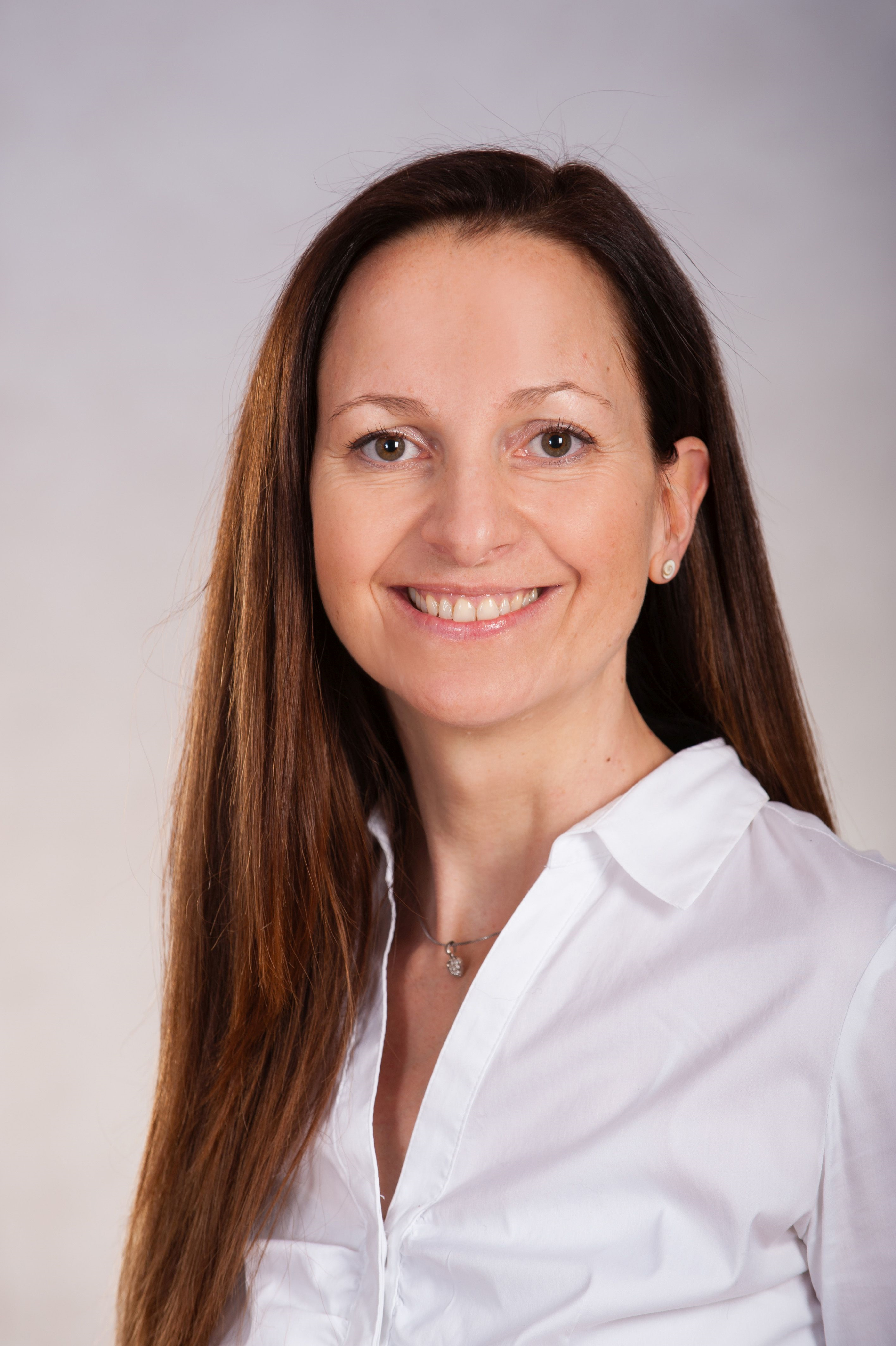Mag.a Sandra Haider, PhD

MedUni Wien RESEARCHER OF THE MONTH, December 2017
“Notch1 controls development of the extravillous trophoblast lineage in the human placenta”
Correct development of the human placenta and its different epithelial trophoblasts is crucial for a successful pregnancy. Besides fusing into a multinuclear syncytium, the exchange surface between mother and fetus, progenitors develop into extravillous trophoblasts invading the uterus and its spiral arteries. Remodelling of the latter is necessary to ensure low-pressure blood flow to the developing placenta. Defects in spiral artery remodeling and trophoblast differentiation are associated with severe gestational diseases such as preeclampsia. However, mechanisms controlling human trophoblast development are largely unknown. Our study delineates the first mechanism of extravillous trophoblast lineage development by showing that the receptor Notch1 programs trophoblasts into progenitors of the invasive differentiation pathway.
Selected Literature
1. Haider S, Meinhardt G, Saleh L, Fiala C, Pollheimer J, Knöfler M. Notch1 controls development of the extravillous trophoblast lineage in the human placenta. Proc Natl Acad Sci U S A. 2016 Nov 29;113(48):E7710-E7719.
2. Burton GJ1, Fowden AL1, Thornburg KL1. Placental Origins of Chronic Disease. Physiol Rev. 2016 Oct;96(4):1509-65.
3. Zdravkovic T, Nazor KL, Larocque N, Gormley M, Donne M, Hunkapillar N, Giritharan G, Bernstein HS, Wei G, Hebrok M, Zeng X, Genbacev O, Mattis A, McMaster MT, Krtolica A, Valbuena D, Simón C, Laurent LC, Loring JF, Fisher SJ. Human stem cells from single blastomeres reveal pathways of embryonic or trophoblast fate specification. Development. 2015 Dec 1;142(23):4010-25.
4. Hamilton WJ, Boyd JD. Development of the human placenta in the first three months of gestation. J Anat. 1960 Jul;94:297-328.
5. Aplin JD. Developmental cell biology of human villous trophoblast: current research problems. Int J Dev Biol. 2010;54(2-3):323-9.
6. Genbacev O1, Donne M, Kapidzic M, Gormley M, Lamb J, Gilmore J, Larocque N, Goldfien G, Zdravkovic T, McMaster MT, Fisher SJ. Establishment of human trophoblast progenitor cell lines from the chorion. Stem Cells. 2011 Sep;29(9):1427-36.
7. James JL, Stone PR, Chamley LW. The isolation and characterization of a population of extravillous trophoblast progenitors from first trimester human placenta. Hum Reprod. 2007 Aug;22(8):2111-9.
8. Li Y, Moretto-Zita M, Leon-Garcia S, Parast MM. p63 inhibits extravillous trophoblast migration and maintains cells in a cytotrophoblast stem cell-like state. Am J Pathol. 2014 Dec;184(12):3332-43.
9. Renaud SJ1, Chakraborty D2, Mason CW3, Rumi MA2, Vivian JL2, Soares MJ. OVO-like 1 regulates progenitor cell fate in human trophoblast development. Proc Natl Acad Sci U S A. 2015 Nov 10;112(45):E6175-84
10. Haider S, Meinhardt G, Velicky P, Otti GR, Whitley G, Fiala C, Pollheimer J, Knöfler M. Notch signaling plays a critical role in motility and differentiation of human first-trimester cytotrophoblasts. Endocrinology. 2014 Jan;155(1):263-74.